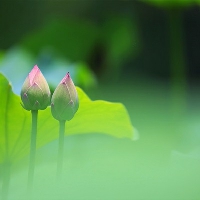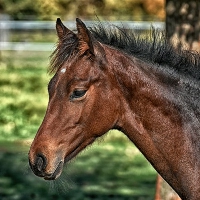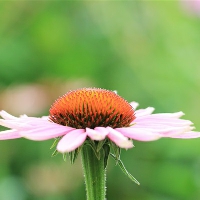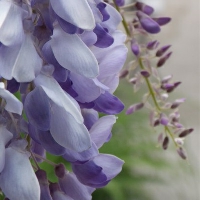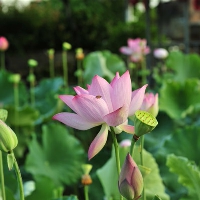Are there some apples
There is an apple. 2. There are some apples. 3. There is some sugar
1.There are so many beautiful flowers and trees at school gardens. And there are some apples on the trees,they are very delicious.
There are many beautiful flowers and trees in the school garden. Some trees will bear apples. These apples are very delicious.
2.There are some apples for you.
Here are some apples for you.
3.There are some apples and a bird in the tree.
There are some apples and a bird on the tree.
4.There are some apples and an orange in the basket.
There are some apples and an orange in the basket.
